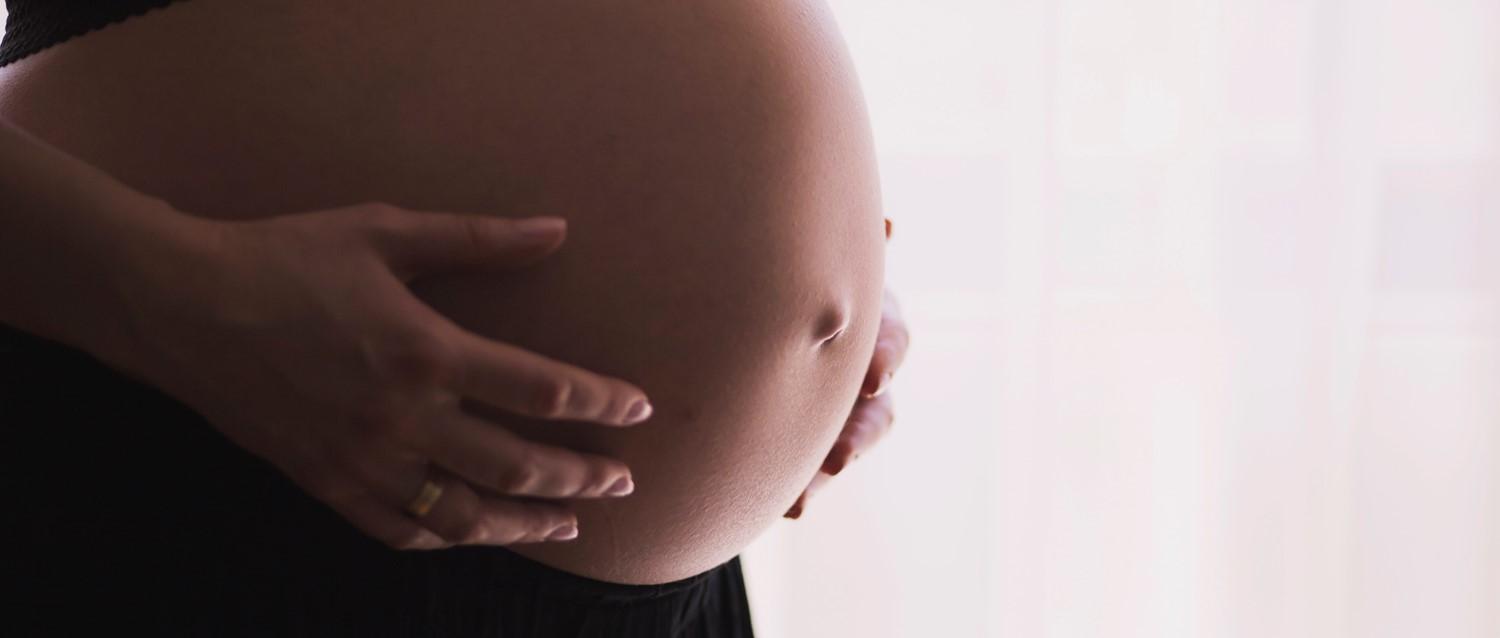
Home births as safe as hospital for low-risk pregnancies
Peer reviewed by Natalie HealeyLast updated by Milly EvansLast updated 9 Aug 2019
Meets Patient’s editorial guidelines
- DownloadDownload
- Share
- Language
- Discussion
A study has shown that home births are as safe as hospital births for low-risk pregnancies.
The study, published in The Lancet's EClinicalMedicine journal, looked into the risk of death for a child, both at birth and within the first four weeks of life. Researchers found no important or statistically different risk between hospital and home births for low-risk pregnancies.
In the UK, women can give birth in obstetric units, midwife-led units or at home. Many women prefer to give birth in a hospital or midwife-led unit where there are skilled people and special equipment available. Around one in 50 women choose to have their baby at home. It is not recommended for women having their first child as there are significant risks involved and, in the UK, almost half of women who choose home births for their first pregnancy are transferred to hospital. However, for lower-risk pregnancies, this can be a comfortable and safe option.
It is the first systematic review of its kind. The researchers from McMaster University used data from 21 studies comparing home and hospital births published since the 1990s. Those studies looked at the birth outcomes of babies in Sweden, New Zealand, England, the Netherlands, Japan, Australia, Canada and the USA, covering approximately 500,000 intended home births and similar numbers of intended hospital births.
Eileen Hutton, professor of obstetrics and gynaecology at McMaster University and founding director of the McMaster Midwifery Research Centre, hopes that the results of the study provide the reassurance to mothers and healthcare professionals that home births are safe for women with low-risk pregnancies.
"More women in well-resourced countries are choosing birth at home, but concerns have persisted about their safety. This research clearly demonstrates the risk is no different when the birth is intended to be at home or in hospital. Our research provides much needed information to policy makers, care providers and women and their families when planning for birth," she said.
This study was published in The Lancet's EClinicalMedicine Journal.
Patient picks for Labour and childbirth

Pregnancy
Experts dispute new study linking C-section births to autism
A new review of the evidence has found that caesarean sections are associated with autism and ADHD. But the results are being disputed by clinicians and experts who say that C-sections don't cause developmental disorders.
by Milly Evans

Pregnancy
How to help your C-section recovery
When you’re adjusting to life with a baby and juggling milk and nappies, it can be easy to forget you had major surgery if you had a caesarean section. Recovering from any birth can be difficult, but healing after a C-section comes with unique challenges. So what can you do to help the healing process?
by Lydia Smith
Continue reading below
Article history
The information on this page is peer reviewed by qualified clinicians.
9 Aug 2019 | Latest version

Ask, share, connect.
Browse discussions, ask questions, and share experiences across hundreds of health topics.

Feeling unwell?
Assess your symptoms online for free
Sign up to the Patient newsletter
Your weekly dose of clear, trustworthy health advice - written to help you feel informed, confident and in control.
By subscribing you accept our Privacy Policy. You can unsubscribe at any time. We never sell your data.